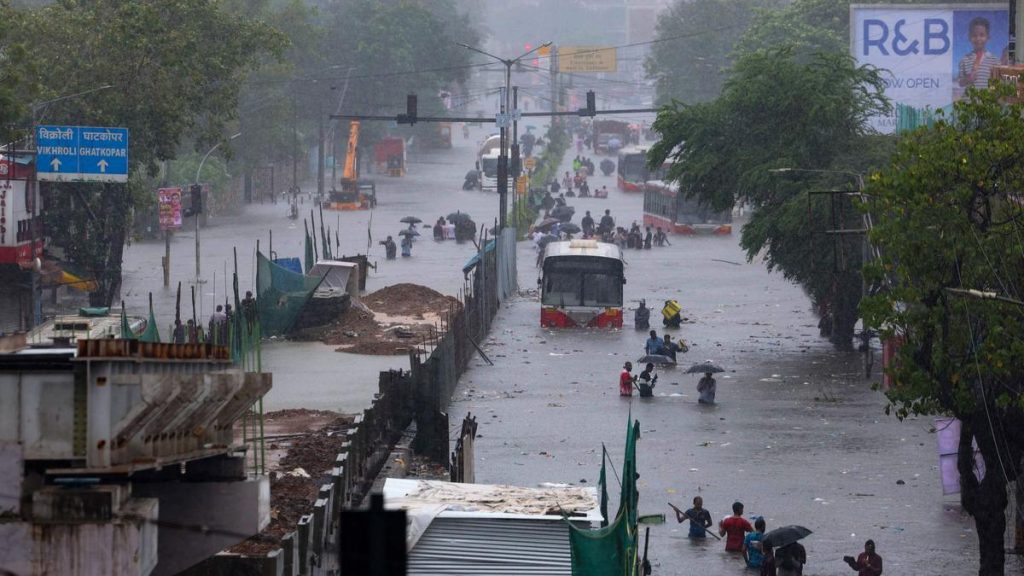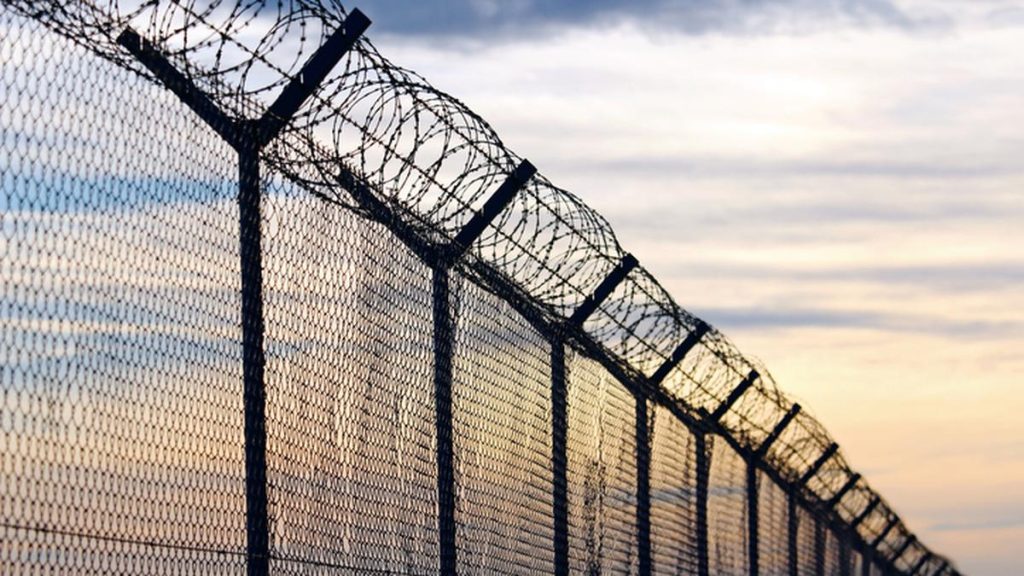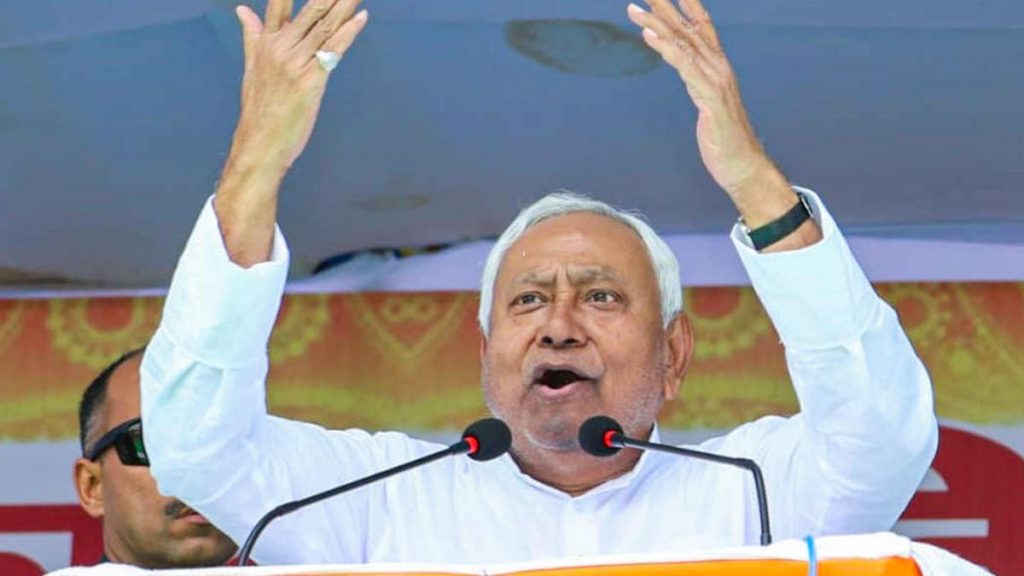Now Reading: Tribal Families Face Welfare Barrier Without Aadhaar; Officials Promise Assistance
-
01
Tribal Families Face Welfare Barrier Without Aadhaar; Officials Promise Assistance
Tribal Families Face Welfare Barrier Without Aadhaar; Officials Promise Assistance
Swift Summary
- Maharashtra tribal families face exclusion from welfare schemes,schooling,health care,and ration due to lack of Aadhaar cards.
- Many children are unable to secure school admissions or scholarships without government identity documents.
- Following The Hindu’s August 17 report titled ‘An anonymous life without an Aadhaar identity,’ government authorities began addressing concerns by engaging with NGOs.
- Pune-based NGO Swadhar Institute for Development of Women & Children shared lists of affected children and families with officials after receiving calls from Education and Tribal Departments, Aadhaar Seva Kendra, and district management.
- 136 children lacking Aadhaar were identified in November 2024; updated lists submitted showed 120 remaining cases as others migrated or moved within the year.
- Officials assured registration on Maharashtra’s SARAL portal for connecting children to schemes like scholarships, direct transfers for textbooks/uniforms/stationery under Right to Education Act benefits.
Indian Opinion Analysis
The issue of exclusion faced by marginalized tribal families in Maharashtra highlights structural gaps in India’s identification system that pose barriers to accessing essential social services. The government’s proactive response following media coverage is commendable but raises questions about why these issues persist despite legal directives prohibiting denial of welfare due to lack of Aadhaar. The role played by NGOs like Swadhar Institute illustrates the critical need for collaboration between non-profits and public authorities in bridging systemic challenges. Ensuring access not just to education but also foundational documents such as birth certificates and voter IDs could have long-term positive impacts on social inclusion policies.
While the assurance given by officials is promising, accomplished implementation will require sustained follow-ups against bureaucratic delays-a recurring issue that frustrates grassroots efforts. Integrating all affected individuals into digital platforms like SARAL can bolster equitable accessibility but necessitates strong safeguards against further exclusionary practices linked solely to Aadhaar dependency.
For read more: Click here


